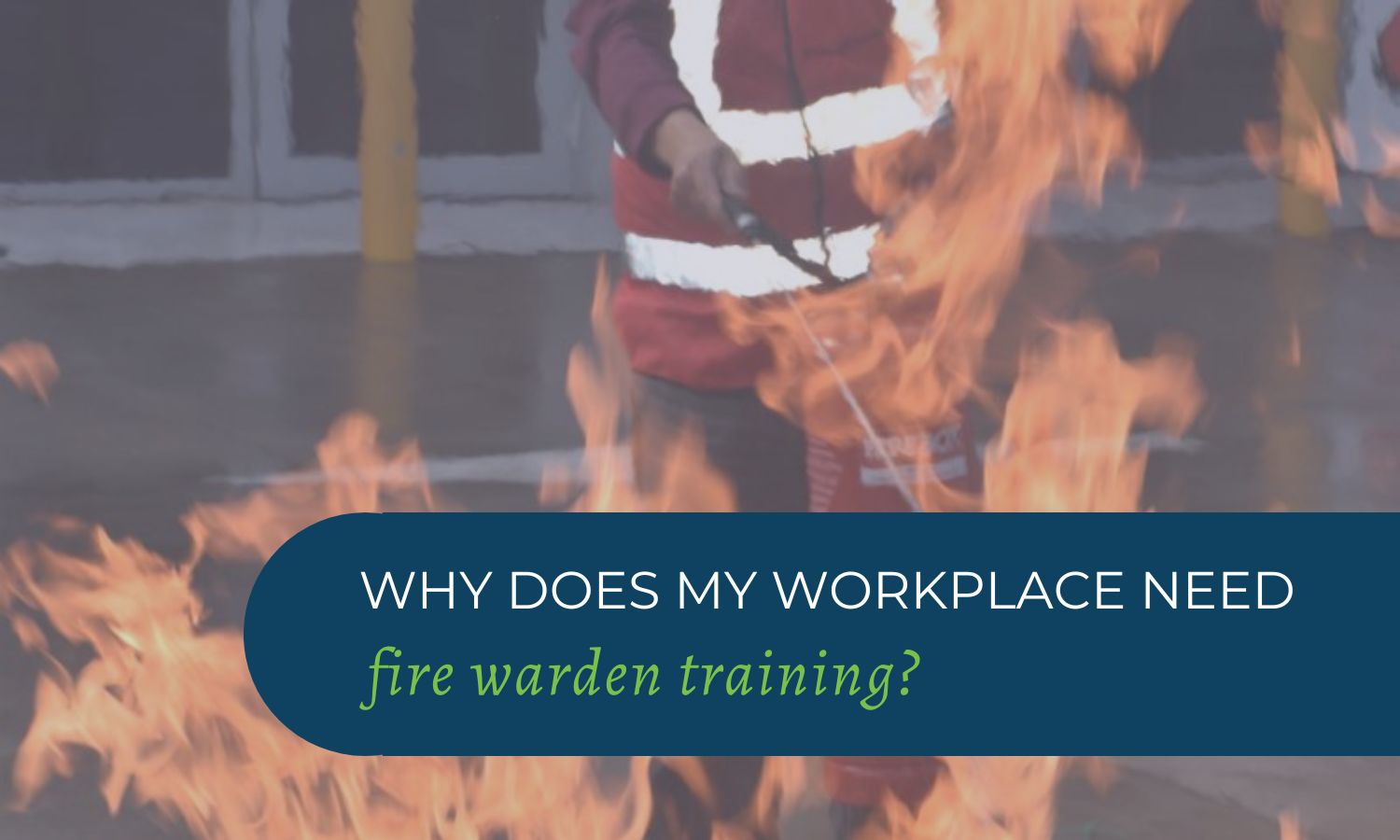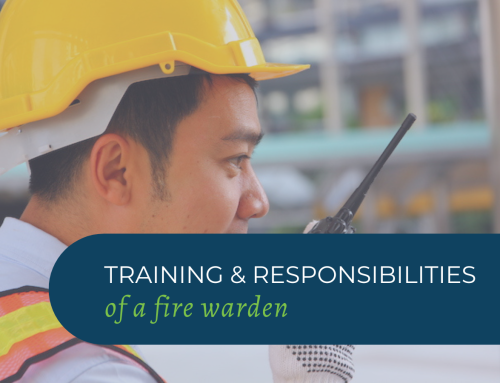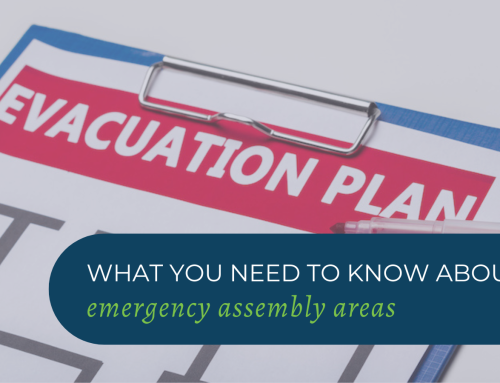Fire Wardens – Why?
Emergencies can happen at any time, usually when you least expect it. Fire Warden training helps your staff know what to do in anxious times.
Emotions take hold, people either panic or just ignore an emergency because they don’t know how to respond. As a result, they may put their lives in even greater danger.
For example, have you ever been in a shopping centre when the fire alarm goes off?
Do you know what most people do in an emergency? Nothing! They don’t know how to respond or what to do – so they do nothing. And when they look around, they notice that most other people are not doing anything either. So, they continue what they’re doing and ignore the alarm – they don’t realise they could be in danger. However, they will respond very quickly to the alarm when someone takes control and tells them what to do. A Fire Warden.
One of the key roles of a Fire Warden is to direct staff and others in an emergency, show how and where to safely evacuate, clear the area and account for people.
Who takes control during an Emergency?
Fire Wardens form part of your company’s Emergency Control Organisation (ECO). The ECO is the team who takes the lead and give priority to the safety of all occupants including visitors, during an emergency. Life safety shall take precedence over asset protection during an emergency.
Establishing an ECO for your company is generally considered best practice.
The number of ECO members shall be appropriate to the facility and to the emergency response procedures as determined by the Emergency Planning Committee (EPC). The EPC is generally responsible for developing, implementing, and managing the company’s emergency plan and the relevant training and procedures for the staff and workplace.
The ECO shall include the following positions as deemed necessary by the EPC:
- Chief Warden (required as a minimum)
- Deputy Chief Warden
- Communications Officer and deputy
- Floor/Area Wardens and deputies
- Wardens and deputies
The positions and number of ECO members shall be considered by the EPC and be determined by:
- The size of the facility, floor or area
- The number of occupants and visitors
- The installed occupant warning equipment
- The fire-engineered and life-safety features of the facility
Many companies allocate a warden to a designated “area” of the workplace i.e. office area, warehouse, a floor (multi-story buildings), etc. These areas are small enough to enable the warden to effectively manage and control all employees in the designated area during an emergency incident.

Training – Why?
It’s very important to have members of your workplace trained to enable them to safely take control of any emergency situation.
There are no rules to say that fire warden training is mandatory however, there is an Australian Standard* that the industry generally accepts as the benchmark for planning for workplace emergencies, responding to emergencies and the associated workplace training.
*AS 3745-2010 Planning for Emergencies in Facilities
Emergency Plan – Why? What?
The Safe Work Australia website states that “businesses must prepare an Emergency Plan”. Section 43 of the WHS Regulations, states an employer or “person conducting the business or undertaking” must prepare and maintain an Emergency Plan. This applies to fires, explosions and harmful events relating to harmful gases and hazardous chemicals.
An Emergency Plan is a resource for staff and others to use in emergencies. The Plan will detail the response procedures and instructions and provide information for a variety of situations. Part of this Plan provides for training of staff and other occupants in workplace emergency procedures.
Training – What?
What will Fire Wardens learn in the training?
- The role of a Fire Warden
- What are the priorities in an emergency
- How to respond to emergency situations safely
- How to control & contain an emergency
- Evacuation & lockdown procedures
- How to safely use the fire control equipment
- A lot more…
Fire Warden training – How often?
The relevant Standard, AS 3745-2010 Planning for Emergencies in Facilities, states that ECO members shall attend a skills retention activity at intervals no greater than 6 months. These activities are determined by the Emergency Planning Committee (EPC) and are based on the requirements of the facility and the organisation’s Emergency Plan. Skills retention or “refresher” activities may include both tabletop and evacuation exercises.
The Standard also indicates that all occupants of the workplace should also participate in refresher activities at intervals not greater than 12 months.
These skills retention/refresher activities shall address the following:
- Responding to alarms and reports of emergencies
- Personal emergency evacuation plans, where these are in place
- Procedures for specific emergencies as contained in the emergency response procedures
- Identification of ECO members
When to call WEM
If you require any help in establishing an Emergency Control Organisation (ECO) for your company or require Fire Warden training, we at Workplace Emergency Management welcome your call at any time.
We provide expert knowledge, advice and training that prepares: your company to meet Australian Standards and your team to safely and effectively follow response procedures during the anxious time of an emergency.
GET IN TOUCH
Are you ready for peace of mind that your workforce is as safe and prepared as possible?
With a dedicated team of staff ready to help you meet compliance requirements and improve the overall safety of your workplace, all you need to do is get in touch.
Request your free audit today!



